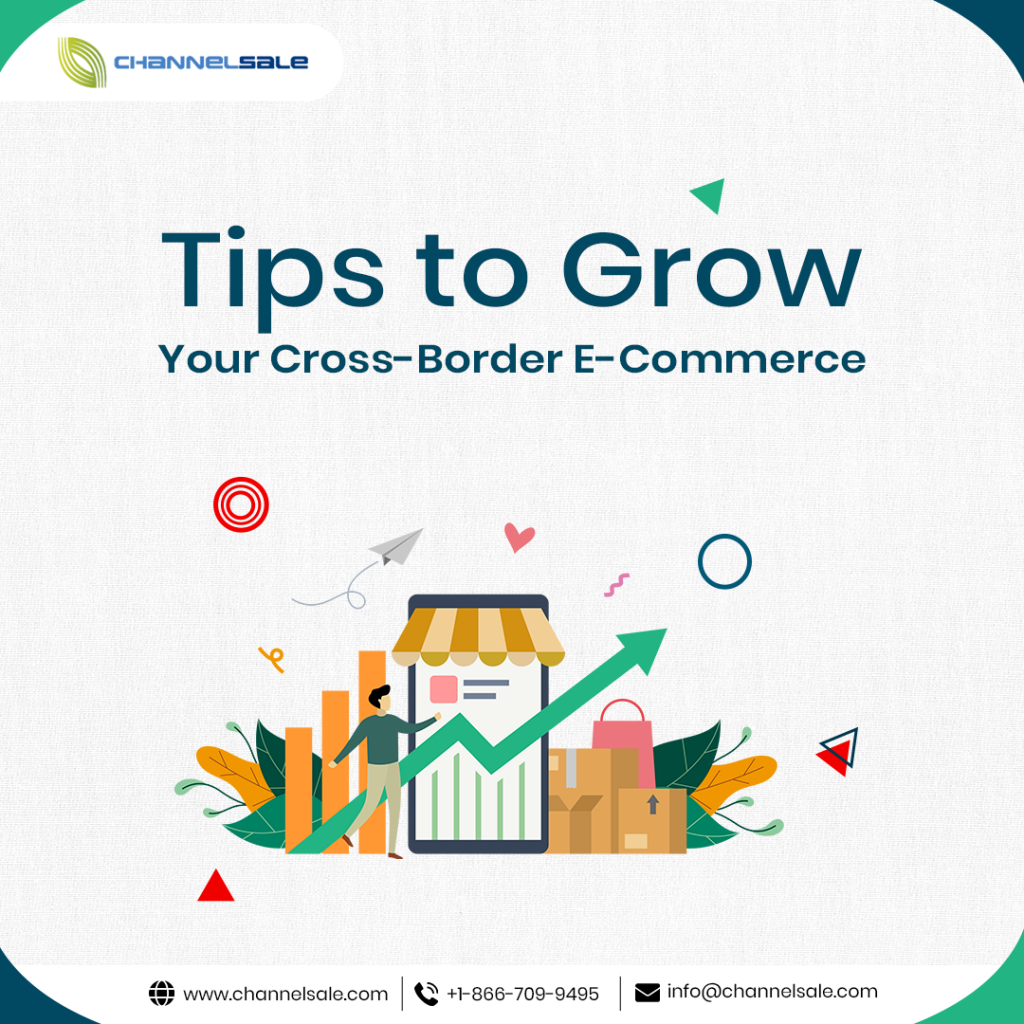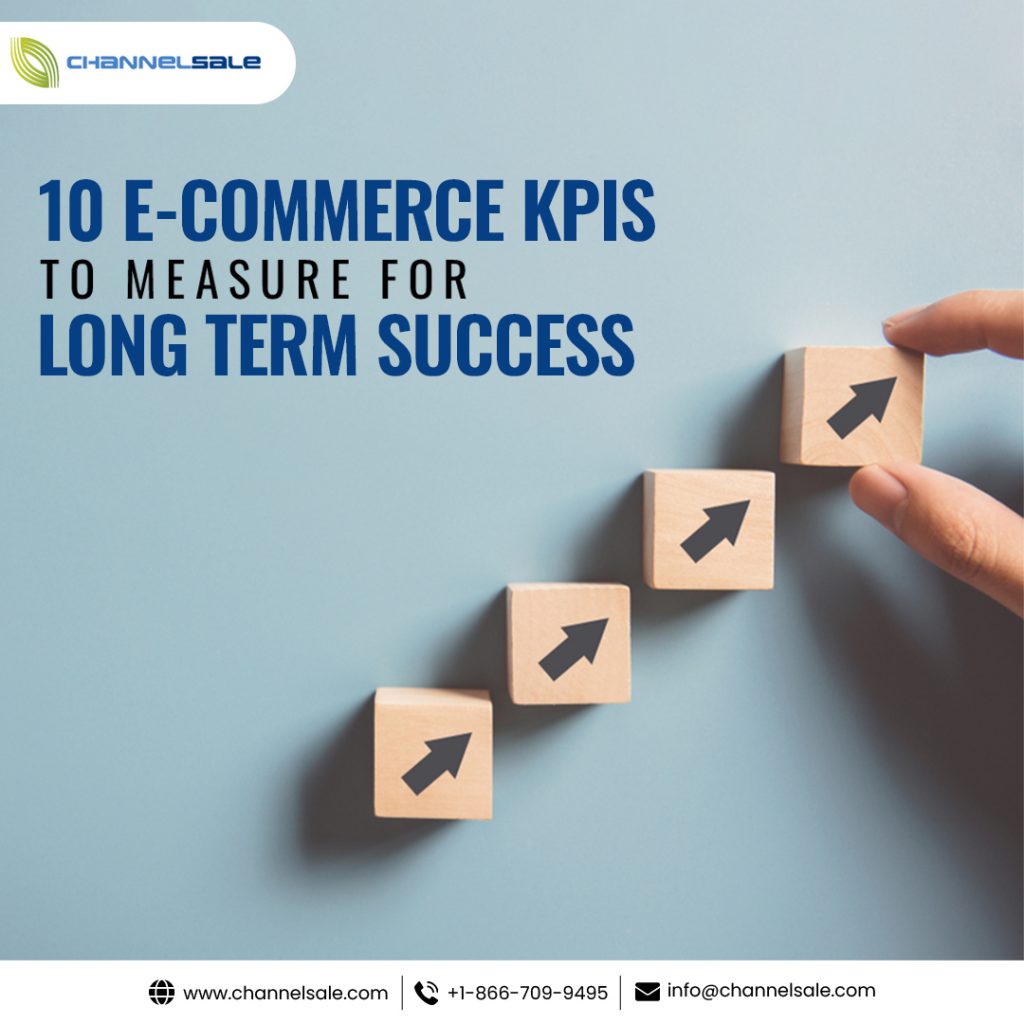When businesses are the customers of other businesses online, it is called B2B e-commerce. This guide will cover the basics of this e-commerce type.
B2B E-commerce: What is it?
In this format of electronic commerce, goods or services are sold or traded between commercial companies. The sellers are businesses and the end users are also businesses.
Types of B2B E-Commerce
- Business-to-Business-to-Consumer (B2B2C)
In this type, two or more businesses join hands to sell to end customers. For example, one company could be a manufacturer and the other the distributor.
- Wholesalers
In this case, one business acts as the wholesaler. It sells bulk products at discounted rates to a second business, which then resells directly to customers at market prices.
- Manufacturers
These are businesses that manufacture or engineer products with raw materials, equipment, labor, etc. They then sell the products to other businesses, like wholesalers, retailers, etc.
- Distributors
These are businesses that do not manufacture goods but work as the link between manufacturers and other businesses that sell those products to end customers.
Benefits of B2B E-commerce
Some of the top benefits of business-to-business e-commerce are –
- Smoother Sales Operations
The online B2B e-commerce business model is more productive than the offline format as it helps manage the operations end-to-end efficiently. How?
- No more manual order taking on phone calls or through emails. Your customers can order directly from your site and the orders get automatically processed.
- Inventory management becomes an ease by using resources like Channel Sale that helps sync the inventory in real-time.
- Invoices and payments online are automated. With an integrated accounting software system, things become even easier without the hassles of manual tracking.
- Your site can offer B2B customers the choice of self-service, which lets them check status, and quotes, and find all other information on their own.
- Getting new customers
Selling to other businesses through offline means can be quite limiting. You need to keep connecting with them over calls or meet them in person. However, with online B2B e-commerce, you can connect with customers in other geographical regions too with a few simple clicks.
In the case you are already selling online in the B2C format, you already have the virtual resources to connect with other businesses and sell your goods to them. Online e-commerce platform ChannelSale is a big help in this regard with their centralized channel management where sellers and users can work with multiple channels through one software interface.
- Use data to increase sales
Online sales have the added advantage of building sound databases. This data can be accessed by your business to make informed decisions to increase revenues and sales.
- Reduced costs
With B2B online sales, costs can be lowered in multiple ways. With automated order processing, you save time and money. The likelihood of errors is reduced as manual orders are risk-prone. Your team spends less time on routine tasks, letting them focus on more productive tasks, like upselling or getting new customers. Printing and mailing costs are reduced as all happens online. Real-time visibility into inventory removes issues related to over-stocking and under-stocking.
- Convenient buying experience
An online B2B store, your customers can engage in self-service while placing orders, or purchasing goods. They can search for items, view product specs and prices, check availability, track status, access invoices and more. They can access these facilities 24/7 without limitations of business hours.
B2B E-Commerce Strategies
Building B2B e-commerce business need to be based on the right strategies for business success. Follow these strategies –
Identify trends and growth opportunities
Keep a watch on products that are trending. Understand what your customers are interested in. Analyze insights so that your product offerings and catalog can be tailored to meet the demands of different customer segments.
Understand your customers
You need to understand the customer profile of your B2B audience. Understand their pain points.
Attract with incentives
Give your customers something exclusive the first-time. Offer bulk discounts or give the value-added deals like free shipping for certain invoice amounts. Make sure that the deals are for limited time to prompt customers to act fast.
Go in for targeted marketing
Use data to refine your marketing strategies. You can work through information to see which products or channels are doing good, and strengthen those portfolios.
Follow online Marketplaces, Comparison Shopping and Affiliate marketing product listing strategies
Whatever be you route map, ensure that these are optimized for marketplaces and comparison shopping engines and affiliate networks This will help organic flow of traffic to your site. With the help of the right keywords, descriptions, attributes etc, you can make your product listings rank higher on the shopping engines result pages for better traction.
Choose the right e-commerce platform to make the most for your business. ChannelSale specialized software and expert services helps sync product listings across multi-channel sites works as a centralized system to help optimize sales. This is the starting point of your B2B e-commerce journey.










